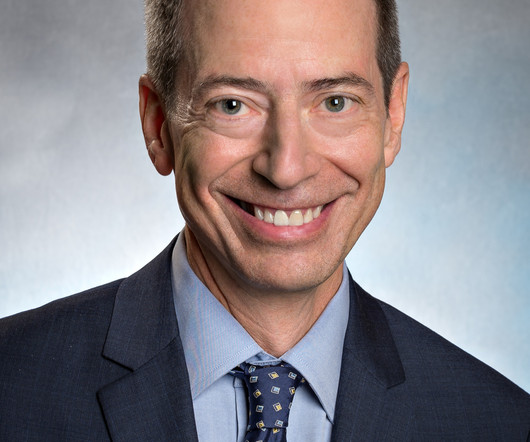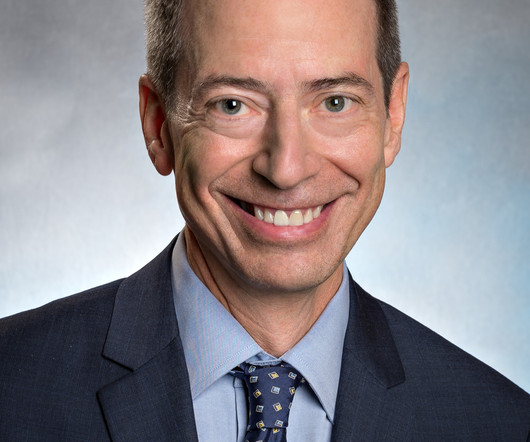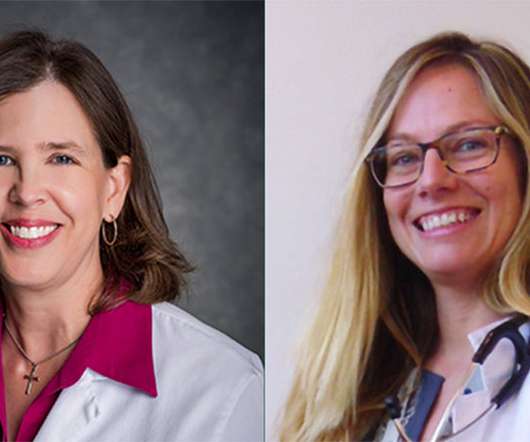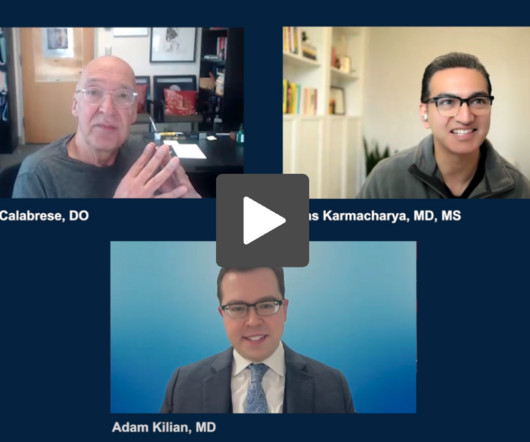Episode 53 – Clinical unknown Dr. Paul Sax – Cough & Rash
The Clinical Problem Solvers
NOVEMBER 13, 2019
[link] Episode description Dan Minter presents a clinical unknown to Dr. Paul Sax Download CPSolvers App here Dr. Paul Sax Dr. Paul E. Sax is Clinical Director of the Division of Infectious Diseases and the HIV Program at Brigham and Women’s Hospital (BWH), and Professor of Medicine at Harvard Medical School.
























Let's personalize your content